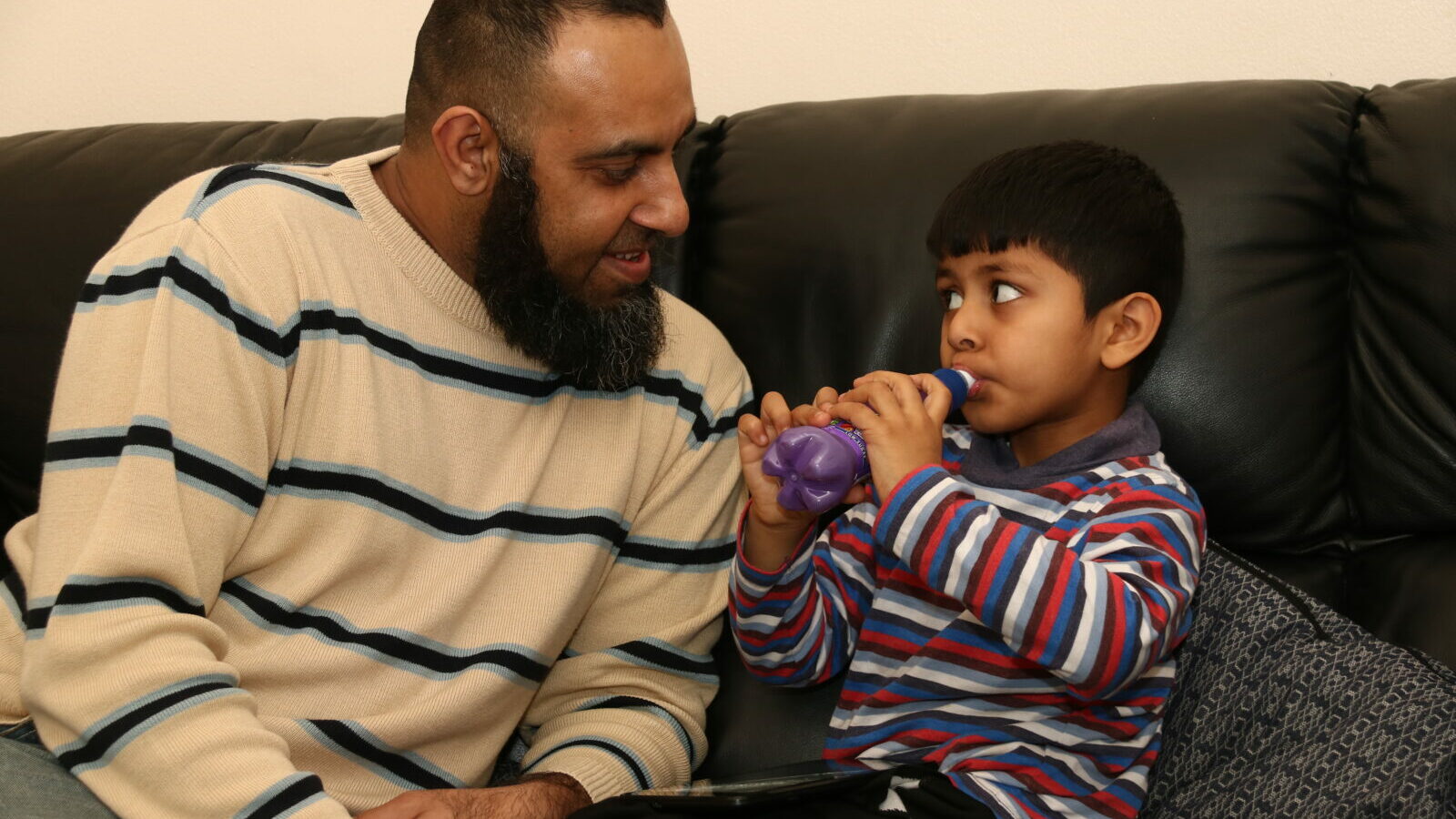When Jade Tyler (not her real name) first met Kat Edwards, she was severely anxious.
She had already had one child taken from her and put into care, social services were seeking court proceedings over her second and she was overwhelmed by the constant questioning of authorities over her parenting.
Tyler was described by professionals as “difficult” and “challenging”, with a reputation for becoming aggressive. But the woman Edwards encountered was different.
“She was really anxious about her child being taken away so she wouldn’t really say too much, or she would be really guarded … that looked as if she was being uncooperative,” Edwards says.
“She’s very good at giving the impression she understands but, if she doesn’t, she gets angry. That upsets professionals because they think she’s aggressive.”
Simplifying complex law
Edwards is an advocate for learning disabled parents at the Elfrida Society. She builds a relationship with parents, guides them through the legal process, explains each step and interprets complex legal documents into formats they can understand. The aim is to help parents such as Tyler keep their children from going into care.
Some 40%-60% of parents with a learning disability have their children removed, according to the NIHR Policy Research Unit in Health and Social Care Workforce at King’s College London.
Elfrida’s specialist advocacy service for parents works to understand exactly what people need to fully engage in the legal process, from simplified written materials to translation services, assistance with legal paperwork or emotional support. Advocates don’t speak for parents but support them to represent themselves.
In Tyler’s case, she had a difficult childhood, including bereavement, and was raised abroad. She was being asked to negotiate complex family law and with English as her second language.
Within a few hours of working together, Edwards got to the root of her struggles: Tyler found it hard to keep up with the speed of questioning from social workers and others and was answering their questions out of sequence.
“She would respond to questions, but the response wouldn’t be what you would expect. If you took that answer as her response, it wouldn’t make sense, so social workers would say she couldn’t understand.
“I explained that she hadn’t caught up – she’s still processing it. She does understand everything but, if you ask her too quickly, she will take time to process it and you’ve moved onto something else.”
Edwards asked for time between questions, provided easy to read materials, rephrased issues Tyler struggled to understand and acted as a step-by-step guide.
Though the process took years, the supportive relationship helped Tyler to open up and, gradually, social workers saw a different parent – the one Edwards knew. “The difference is absolutely incredible. She’s so relaxed and laughing and joking.”
The result couldn’t have been happier: with support around her, Tyler is living with and parenting her child almost 10 years later.
Demand for Elfrida’s parenting advocacy service is soaring. The charity has three specialist advocates working with around 60 families at any time in London and the home counties.
The work is funded by local authorities, which pay for the service and refer clients directly to it. It has a high cost when council budgets are tight but the savings, both financial and psychological, are huge.
Elfrida is seeking funding to expand. It is oversubscribed and recruiting advocates is tough as the role requires specialist skills and experience of working closely with learning disabled people.
But the model could be replicated, and it is crucial for parents with learning disabilities to have fair representation in our legal system. Edwards says: “If they don’t have information they can’t challenge [in court] – they are just being told things by people and that’s not a fair process”.
Hannah Fearn is a freelance social affairs journalist





